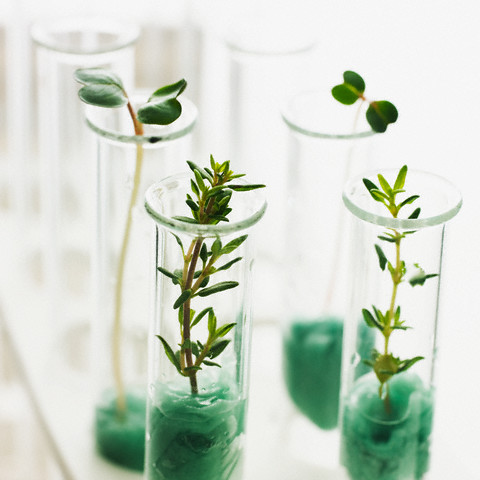International Journal of Pure & Applied Bioscience (IJPAB)
Year : 2015, Volume : 3, Issue : 5
First page : (88) Last page : (94)
Article doi: http://dx.doi.org/10.18782/2320-7051.2126
Isolation and Identification of Phenol Degrading Bacteria from Effluent Treatment Plant of Textile Industry in Kerala
Rajani V.* and Neethu Vijayan
PG Department of Environmental Sciences, All Saints’ College, Thiruvananthapuram
*Corresponding Author E-mail: rajanijayasankar@gmail.com
Abstract
Environmental pollution is considered as a side effect of modern industrial society. With the immense growth of industries major problem is encountered as contamination of the environment with hazardous and toxic chemicals. Phenolic, one of the major pollutants, are discharged in the waste water from the various industries such as phenol resin and pharmaceutical, oil refineries, petrochemical plants, ceramic plants, steel plants, and coal conversion processes. Phenol and its derivatives is the basic structural unit in a wide variety of synthetic organic compounds. The samples were collected from effluent treatment plants of Textile Industry in Kerala. Serially diluted samples were transferred to 10,20,30,40 and 50 ppm phenol having minimal media. Growth and total phenol was recorded according to its incubation periods. From the 50 ppm culture, organisms were selected and cultured in sorbitol agar medium with varying concentrations of phenol (200, 400, 600, 800 and 1000 ppm). Out of 13 strains isolated, 5 strains were selected for further analysis. Biochemical characterization was done to identify the selected five strains. The strains are also used to study the effects of temperature and pH.From this preliminary study, it could be concluded that the standard prescribed temperature and pH were suitable for better growth and phenol degradation. The comparative study between the consortium and the individual organisms revealed that use of individual organism had shown the maximum degradation of phenol rate than that of consortium of organism. Among the selected 5 strains, Micrococcus sp and Pseudomonas sp were the strains that could withstand all the selected concentrations of phenol.
Key words; Textile effluent, Consortium, Total phenol, Phenol tolerance, Micrococcus sp.
Full Text : PDF; Journal doi : http://dx.doi.org/10.18782
Cite this article: Rajani, V. and Vijayan, N., Isolation and Identification of Phenol Degrading Bacteria from Effluent Treatment Plant of Textile Industry in Kerala, Int. J. Pure App. Biosci. 3 (5): 88-94 (2015). doi: 10.18782/2320-7051.2126





